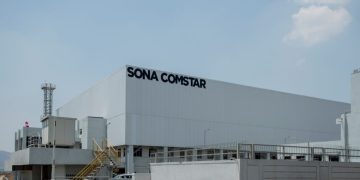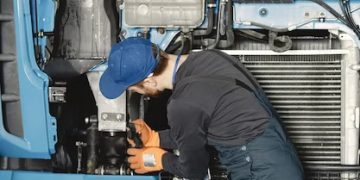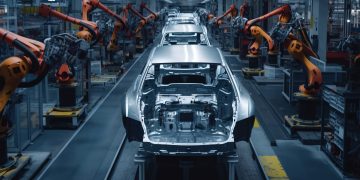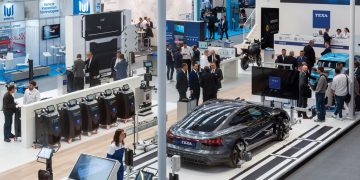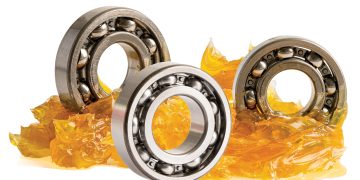MAHLE Powertrain and Clean Air Power have signed a Memorandum of Understanding to combine their efforts in providing rapid and cost-effective solutions for net-zero fuelled internal combustion engines. The two companies have a longstanding collaborative relationship that has shown excellent results across a number of important research projects. As part of these efforts, MAHLE Powertrain will continue to explore opportunities to use their flexible engine control unit in conjunction with Clean Air Power’s fuel delivery systems.
“The UK was the first country in the world to commit to phasing out new, non-zero emission heavy goods vehicles under 26 tonnes by 2035, with all new trucks to be zero emission by 2040,” said Dr. Mike Bassett, Engineering Director, MAHLE Powertrain. “These far-reaching legislative demands and their aggressive timescales mean there is strong industry interest in developing engines for heavy duty applications that can operate efficiently on zero-carbon fuels.”
MAHLE Powertrain has a long history in the development of internal combustion engines. The company’s flexible engine controller, one of many innovative solutions, is particularly well suited to the development of demonstration units, as well as low volume production applications utilising alternative fuels or novel technologies.
Clean Air Power is developing injector technology aimed at supporting the use of zero-carbon and renewable fuels such as hydrogen or methanol. Clean Air Power has focussed on higher power transport solutions such as truck and bus, rail and marine applications, and is already supplying fuel injectors for dual- and single-fuel applications for both, retrofit and new engines.
Dr Dan Skelton, CEO, Clean Air Power said: “Zero-carbon internal combustion engines offer a solution in difficult to decarbonise applications where battery and fuel cell technology may not be best suited. This agreement opens up the opportunity for us to collaborate further to accelerate development in this important and exciting area, assisting the transition to net-zero and helping establish a pathway for the roll-out of clean fuels.”
The two companies have recently collaborated on the development of retrofit sustainable propulsion solutions for high performance marine vessels for the Royal National Lifeboat Institution (RNLI), as well as the investigation of red diesel replacement technology for off-highway and agricultural sectors.



































